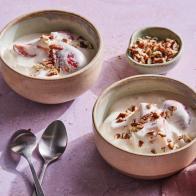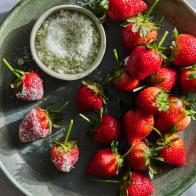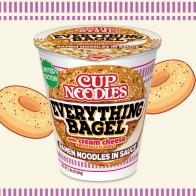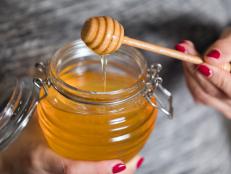How Much Vitamin D Do You Really Need to Be Healthy?
You don't need to spend hours soaking up the sun to get the recommended daily dose.
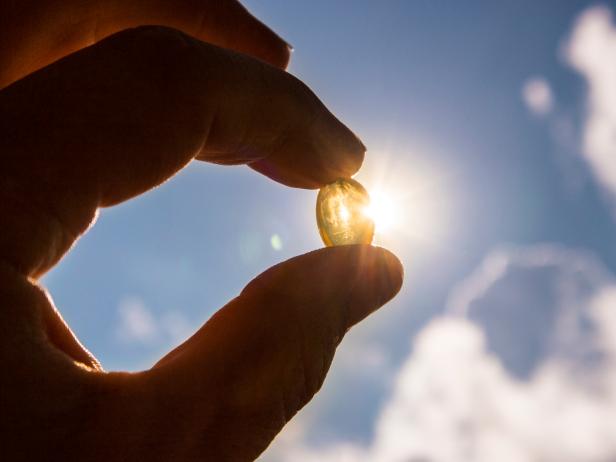
Helin Loik-Tomson/Getty Images
Like other vitamins and minerals, vitamin D is a fat-soluble vitamin essential to your health. Its functions include facilitating calcium absorption and bone mineralization, as well as cell growth, proper immune function and fighting inflammation.
Research on the relationship between vitamin D and viral illness (including COVID-19) are ongoing. To date there is insufficient evidence to support a direct relationship, but this may point to yet another reason why preventing vitamin D deficiency is valuable to overall health.
Vitamin D has gotten more attention in recent years as most Americans are falling short. For this reason, vitamin D levels are checked more often by physicians and many multivitamins and calcium supplements have vitamin D added. A word of caution about proper dosing — more is not always better. Vitamin D can be toxic in large amounts, so it's best to check with a registered dietitian or your doctor to figure out if a supplement is right for you and if so, how much.
How Much Vitamin D Do I Need?
The dietary recommendations for vitamin D have increased in recent years. The daily value (DV) amount viewable on food labels is based on 400IU a day, while the recommended dietary allowance (RDA) is set at 400IU for infants age 0-12 months, 600 UI for those ages 1 to 70, and 800IU those over 70 years of age. There is also a tolerable upper intake level (UL) set for vitamin D, meaning that excessive intake can lead to toxic, harmful effects. Daily intake up to 4,000 IU is generally considered safe, but there is some data to suggest it can take upwards of 10,000IU a day to be harmful. These recommendations are based on minimal sun exposure. Some people are more susceptible to deficiency than others, so temporary doses anywhere from 1,000 to 10,000 IU a day may be needed to correct a deficiency.
Vitamin D isn’t plentiful in the food supply, but some reliable sources included fortified dairy and dairy alternatives, fatty fish, egg yolks and fortified juices and breakfast cereals. Eight fluid ounces of milk contains about 120 IU, one egg yolk contains about 44 IU and three ounces of canned albacore tuna has about 40 IU, so several daily sources may be required to meet the goal IU for the day.
What If I’m Wearing Sunscreen?
A very unique quality of vitamin D is that you can generate some of your own with exposure to ultraviolet light from the sun. While this is valuable, you still need to seek out vitamin D from food and possibly dietary supplements to prevent a deficiency.
A common myth about vitamin D is that you shouldn’t wear sunscreen if you want to get enough vitamin D but dermatologists will strongly disagree. Protection from sunscreen is critical for skin health and reducing your risk of skin cancer. A study published in 2019 looked at several previous studies and according to researchers there is little evidence to support sunscreen completely prevents vitamin D from being generated with regular but more research is needed with higher SPF sunscreens.
Bottom Line
A few simple additions to your diet can help prevent your vitamin D levels from dipping too low. If you're worried about a vitamin D deficiency, check with your doctor and dietitian, seek out vitamin D rich foods and keep wearing that sunscreen.
Dana Angelo White, MS, RD, ATC, is a registered dietitian, certified athletic trainer and owner of Dana White Nutrition, Inc., which specializes in culinary and sports nutrition. She is the author of four cookbooks First Bites: Superfoods for Babies and Toddlers, The Healthy Air Fryer Cookbook, The Healthy Instant Pot Cookbook and Healthy Quick and Easy Smoothies.
*This article was written and/or reviewed by an independent registered dietitian nutritionist.
Related Links:

